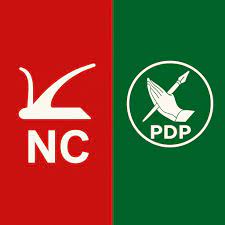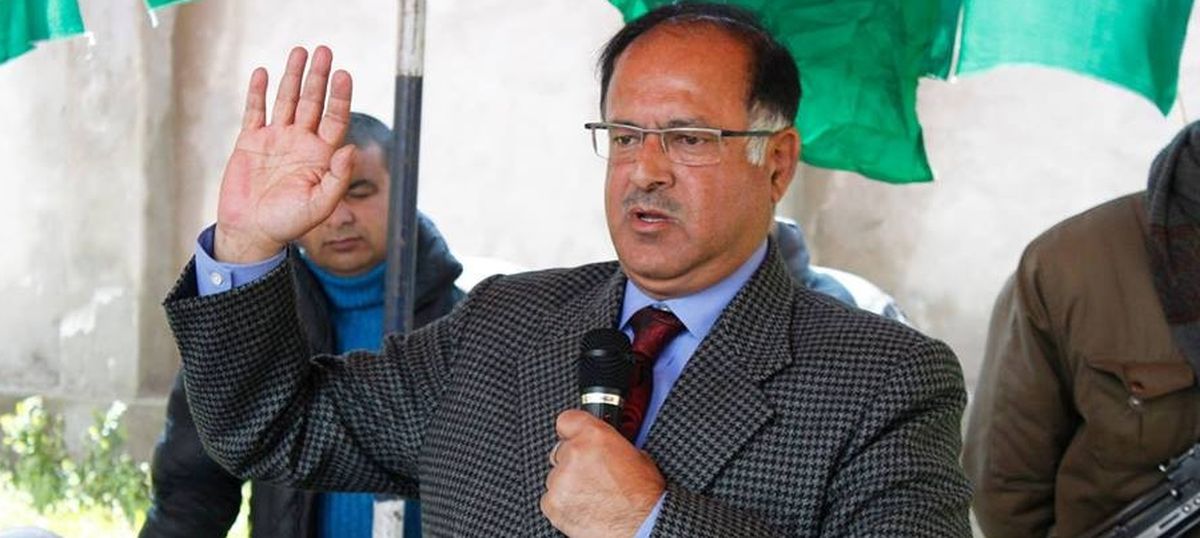NC, PDP Slam Centre Over L-G’s Power to Nominate MLAs in Jammu & Kashmir Assembly
By: Javid Amin | Srinagar | 11 Aug 2025
The National Conference (NC), Peoples Democratic Party (PDP), and other regional parties have sharply criticized the Centre’s move empowering the Lieutenant Governor (L-G) to nominate five Members of the Legislative Assembly (MLAs) in Jammu and Kashmir without consulting the elected government.
The backlash comes in the wake of the recently concluded Assembly elections, amid concerns that the provision could alter the power balance in a closely divided House.
What the Law Says
Under the amended Jammu and Kashmir Reorganisation Act, 2019, the L-G can nominate:
-
2 women
-
2 members from the Kashmiri Pandit community
-
1 resident from Pakistan-occupied Jammu and Kashmir (PoJK)
These nominees do not require the “aid and advice” of the Chief Minister or the Council of Ministers.
Why the Outrage?
Regional parties fear that in a hung assembly scenario, unelected nominees could decide the fate of the government—potentially undermining the people’s mandate.
-
Tanvir Sadiq (NC MLA) called it “a contempt for the people’s mandate and a direct attack on parliamentary democracy.”
-
Mehbooba Mufti (PDP President) labelled the move “a blatant subversion of democratic principles”, urging CM Omar Abdullah to “challenge the precedent before it becomes entrenched.”
-
M.Y. Tarigami (CPI(M) MLA) warned that the rule “follows a pattern of gerrymandering and politically skewed delimitation to weaken representative democracy.”
Legal Challenge in the Works
The provision is already being contested in court, with several parties indicating they will escalate the matter to the Supreme Court.
Critics argue that:
-
The L-G is an unelected appointee of the Centre.
-
Giving such powers disregards the principle of representative governance.
-
In a politically sensitive region like J&K, this move could further alienate the electorate.
The Bigger Picture
Political analysts note that this controversy adds to a series of disputes over Centre–State relations in J&K since the abrogation of Article 370 in August 2019. The issue also resonates with broader concerns about statehood restoration, electoral fairness, and local autonomy.



